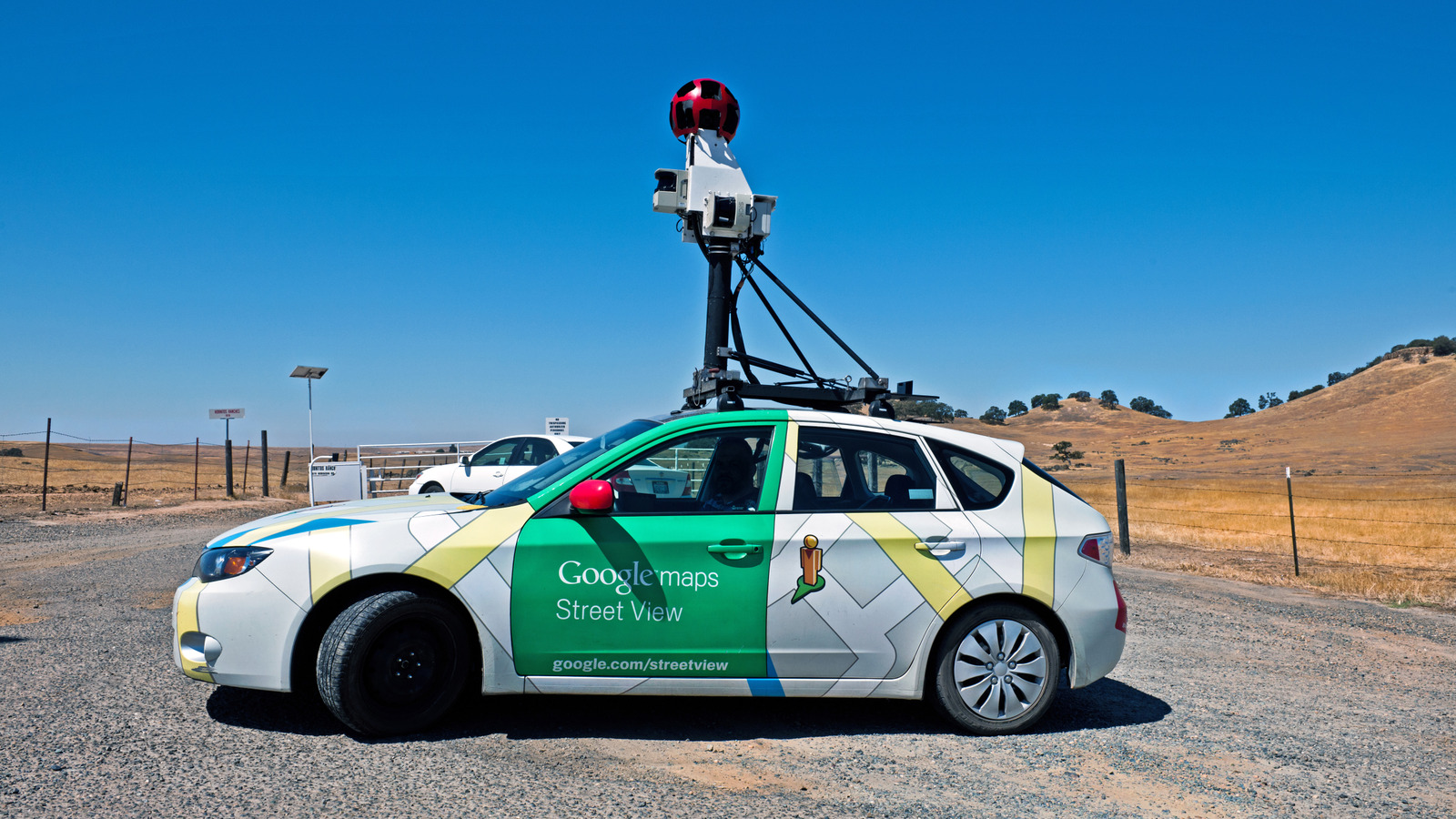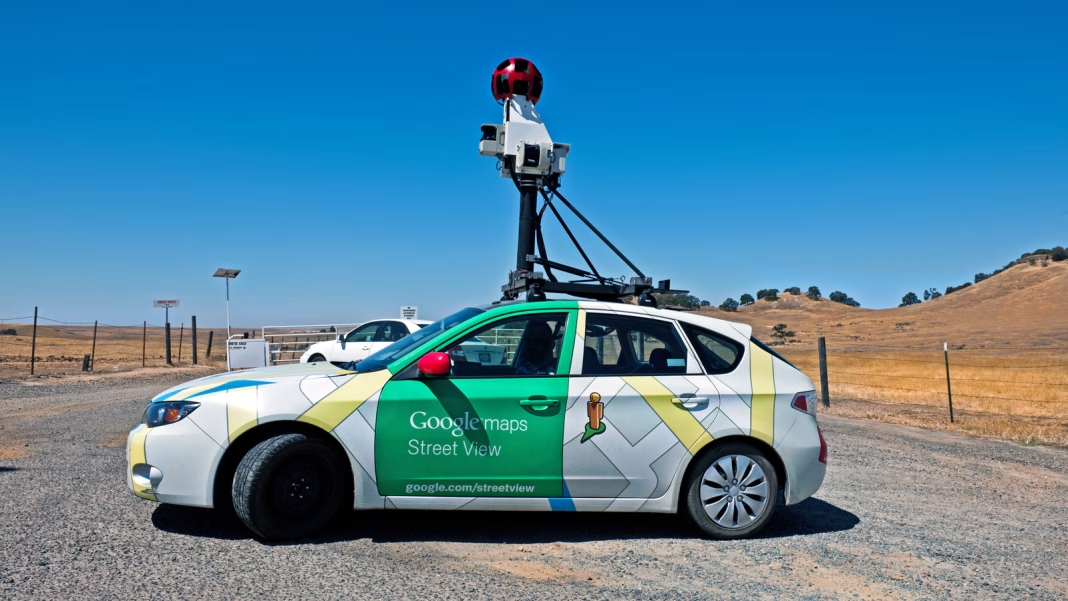How Can Google Street View Compromise Your Privacy at Home?
You might think your backyard is your own private sanctuary, shielded from prying eyes by a tall fence or a row of hedges. For most people, that’s true—until technology decides otherwise. One homeowner went to great lengths to protect his privacy, building high fences so he could relax and even out his tan lines without worry. But he didn’t count on the elevated vantage point of Google’s Street View cameras, which, mounted atop vehicles, can easily peer over most residential barriers.
The result? An image of him sunbathing—bare from the waist down—ended up online for the world to see. It’s a stark reminder that our assumptions about privacy, especially in the age of ever-advancing tech, can be upended in an instant.
What Rights Do You Have When Your Privacy Is Violated by Street View?
When a company like Google inadvertently captures and publishes a compromising image, you’re not powerless. In this case, the homeowner took action and was awarded $12,500 after his complaint. Laws vary by country, but most have some form of privacy protection that covers individuals in situations like this. In the European Union, for example, the General Data Protection Regulation (GDPR) gives people the right to request removal of images and, in some cases, seek compensation for damages. In the United States, privacy laws are more fragmented, but there are still avenues for recourse, especially if the exposure causes reputational or emotional harm.
If you ever find yourself in a similar situation, the first step is to contact the company directly—Google has a process for reporting and requesting the blurring or removal of sensitive images. If that doesn’t resolve the issue, consulting a privacy attorney or reaching out to your local data protection authority can help you understand your options.
Why Are Street View Cameras Able to See Over Fences?
It’s not just a matter of bad luck. Google’s Street View cars are equipped with cameras mounted several feet above the roof of the vehicle, typically reaching a height of about 8.2 feet (2.5 meters). This allows them to capture a wide field of view, including areas that most people assume are hidden from the street. While this setup is great for mapping and navigation, it can inadvertently breach the privacy of homeowners who rely on standard fence heights for seclusion.
This isn’t a one-off issue, either. Privacy advocates have raised concerns for years about the potential for high-mounted cameras to capture images inside private spaces, from backyards to apartment windows. Some countries have responded by requiring companies to blur faces, license plates, and even entire properties upon request.
How Can You Protect Your Privacy from Street View and Similar Technologies?
Short of building a wall worthy of a medieval fortress, what can you actually do to keep your private moments private? Here are a few practical steps:
– Regularly check your property on Street View and similar services. If you spot something sensitive, use the platform’s reporting tools to request blurring or removal.
– Consider planting tall, dense vegetation instead of relying solely on fences. Trees and bushes can provide a more effective visual barrier.
– Stay informed about privacy laws in your area. Knowing your rights makes it easier to act quickly if your privacy is compromised.
– For particularly sensitive activities, consider using temporary screens or canopies that aren’t easily visible from above.
It’s also worth noting that Google and other mapping companies have made improvements in recent years, including more responsive takedown procedures and automated face-blurring technology. But as camera tech evolves, so too must our strategies for protecting what matters most.
What Does This Mean for the Future of Privacy in a Digital World?
The line between public and private is blurrier than ever. As technology advances, so do the challenges of keeping our lives out of the spotlight. The story of the homeowner whose privacy was breached by a passing camera car is a cautionary tale, but it’s also a call to action.
Staying vigilant, understanding your rights, and taking proactive steps can make a real difference. The big takeaway? Privacy isn’t about perfection—it’s about smarter adjustments. Start with one change this week, and you’ll likely spot the difference by month’s end.


